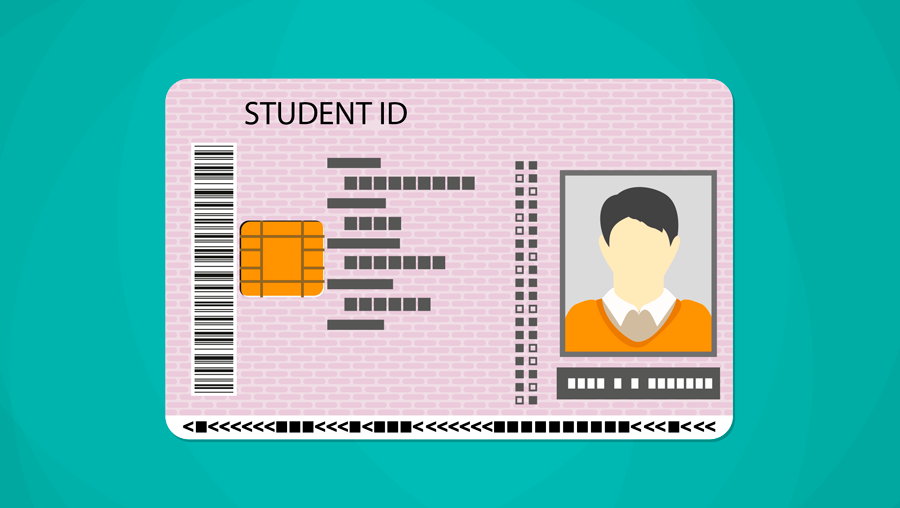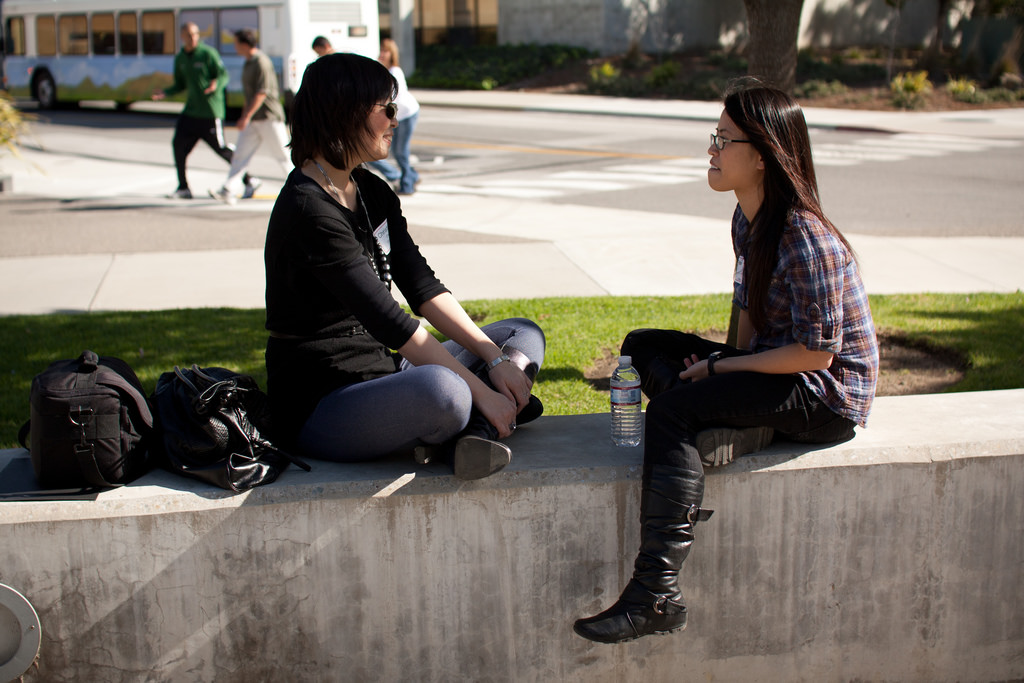Although having a good mentor has a significant impact on students’ professional success, 12% do not receive any advice at all, according to a Gallup study.
Photo: Bigstock
A Gallup study seeks to identify the experiences with the greatest impact on the lives of university students during their studies and after graduation; as well as their attitude and relationship with his alma mater. The critical experiences identified by Gallup focus on supporting the student through a mentor. The students who had a guide had a better academic performance; even so, only a quarter of the interviewees agree that they had one.
Of those who did have a mentor, in 64% of the cases, the mentor was a teacher, resulting in better academic performance and greater self-confidence. Other mentors were university staff (10%), a friend or family member (16%) or an extracurricular activities coach or athletic trainer (6%). Of the teachers who also served as mentors, 43% are part of the arts and humanities department, followed by 28% of science and engineering, 20% of social sciences and 9% of the business field.
When looking for a mentor, students focus on those with similar backgrounds and experiences, especially those students of minorities who seek those of the same race, ethnicity or sexual preference. Unfortunately, these are still underrepresented.
Regarding the support provided by the different mentors, 30% received handy information from their career services compared to 49% who said the same about the advice of teachers or members of the academic staff. Among the subjects treated, 92% received academic guidance while only 53% received advice on their physical or mental health. Only 26% got advice on financial issues.
Despite the benefits that having a mentor brings; 23% of the respondents never received mentoring from teachers or staff, only from the career services and 12% of the graduates never received any advice at all.
While the experience of having a mentor is the key to success after graduation; it is not enough to improve the engagement and perception of the graduates. Academic rigor is still one of the factors that best predict the perception of graduates about their education and the preparation they received at the university for the workforce. Only 50% of graduates agree that their institution challenges them academically.
Both the academic intensity and mentoring services depend in no small extent on the teacher, which highlights the importance of teacher quality and the commitment to prepare students both inside and outside the classroom.
If you would like more information on Mentoring, download our free EduTrends report.
This article from Observatory of the Institute for the Future of Education may be shared under the terms of the license CC BY-NC-SA 4.0 
)
)






)
Christian Guijosa
Christian Guijosa
Christian Guijosa